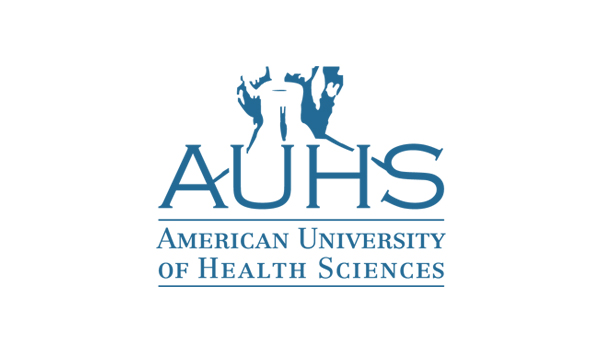On Thursday, August 28th, the American University of Health Sciences current students, prospective students and faculty all attended an informative presentation from guest speaker Sonja Ulrich discussing her work in Ciapas, Mexico.
Professor Ulrich studied the health care system in Southern Mexico looking into whether the local population used biomedical science or a more traditional method of healing. During her research she had found that there were multiple clinics and hospitals available, however those living within the Ciapas area preferred to use homeopathic remedies. The reason behind this was the lack of a proper infrastructure needed to support a functioning biomedical practice.
Despite the fact that there were clinics and hospitals, there were a lack of doctors, nurses and medical equipment which made it almost impossible for patients to be seen in a timely manner – it at all. Basic necessities that we may take for granted in some areas are also not readily available in Ciapas, Mexico. Professor Ulrich found that poverty was a large road block in relation to health. Access to water, clean housing and low income were all conductive to poor health. If one was lucky enough to even have access to water, where they cooked their food, for example indoors or outdoors played a major role in their health.
As a result of this, locals relied upon traditional healers for medical attention unless their medical issues needed immediate attention and were an emergency. Using rattlesnake skins and local plants, they found ways to heal snake and spider bites, stomach aches, minor aches and bone pain.
As the men were out working in the fields, the women tended to take care of the medical issues and family healthcare at home. Their first attempt would generally be to try and heal themselves and if that did not work, they would go to a traditional healer and if they still had no luck, their last resort was going to an actual clinic or hospital.
The presentation by Professor Sonja Ulrich was enlightening, bringing our attention to things that we normally take for granted. AUHS thanks Professor Sonja Ulrich for sharing her findings with us and Professor Brandon Fryman of AUHS for facilitating.


